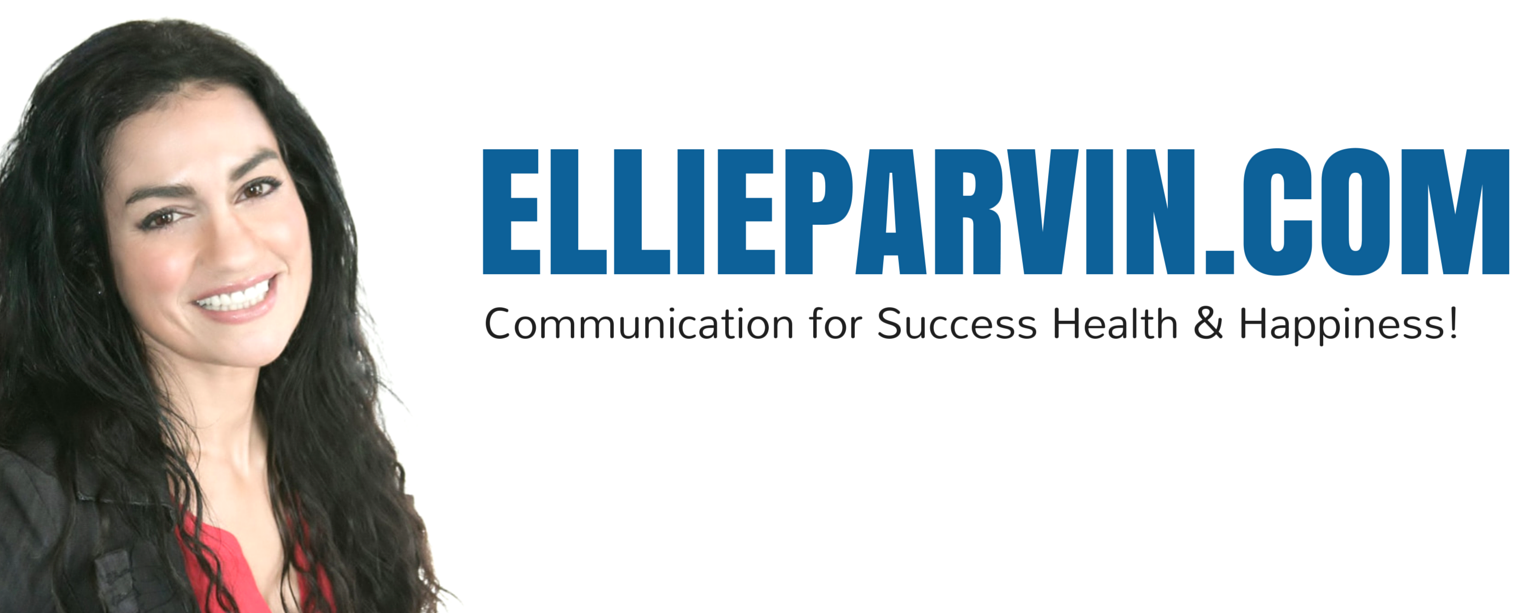Yes it’s Possible!

I can’t even count the number of times through my journey getting up on stage or a room as a speaker, teaching my first fitness class or even in during job interviews in my early twenties how often I was “I think I am going to pass out” nervous and/or lacked confidence.
Coming across as confident is essential for individuals in public speaking, going through job interviews, speaking or presenting to staff or customers to practice the art of confidence. Okay, at least you can attempt to “fake it until you make it!”
Confidence is essential to making that important impression and building strength in your communication and connection with others. Mastering this art helps you appear as an authority on a particular subject matter or product, during performance interviews and or business negotiations. Did you know that many individuals who appear to be confident on the outside are not necessarily confident on the inside – well at least in the beginning?
The following are several techniques you can utilize to look confident on the outside and mask the butterflies on the inside.
Speak Slowly
The first trick is to speak slowly while you talk and during the conversations. Most people exhibit nervousness through fast speech, which might be an indication of not being confident. Unless you are an auctioneer, being a fast talker may only hurt the way others perceive you. An individual who speaks fast is likely to make numerous mistakes in their enunciation and makes it impossible for one to think through the words. An individual should focus more on speaking slowly during conversations, as the words will be drawn out easily giving the sentences a weightier rhythm. The audience will also have the time to digest the information.
Pause
Another trick deals with using pauses once advantage. Pauses might help and individual speak slowly and it becomes effective in its way. Pauses help an individual have a creative way of making speeches, which would affect others. A good example is if one has an opening speech in a public presentation, long pauses gives one the advantage of learning the crowd knowing what to say next. It is advisable to avoid asides as it might damage the speech. One should use asides in places that one needs to prepare the audience, especially in public speaking. Using asides in not to be used for interviews or important one on one conversations that require straightforward answers. Instead, it is essential to remain focused on the relevant issue at hand.
Deepen Your Voice/Lower Your Vocal Tone
It is prudent always to lower the vocal range, as it will influence the listener or make the listeners remain attentive. For instance, the majority of politicians and newscasters use this trick to capture the attention of their audience. Lowering of the tone is an art to indicate confidence and authority to the current situation.
Body Language Awareness
An individual having an important conversation should improve the posture, as body language is also important in indicating confidence. The correct posture to indicate confidence is sitting or standing straight with shoulders at the back while keeping the head high. The posture makes an individual look bigger and confident, as the speaker will also feel to be in control of the situation. Another important aspect is to gesticulate which is a practice of using arms and hands to punctuate and increase the sense in the verbal statements and stress the important points within the speech.
Remember, at the end of the day the person looking back at you in the mirror each morning is your worst critique.
Trust me, you are stronger than you seem, smarter than you think and more confident than you believe.
***Please share this post with any of your friends who may need that extra little bit of help to communicate with confidence… or at least look like they are!



